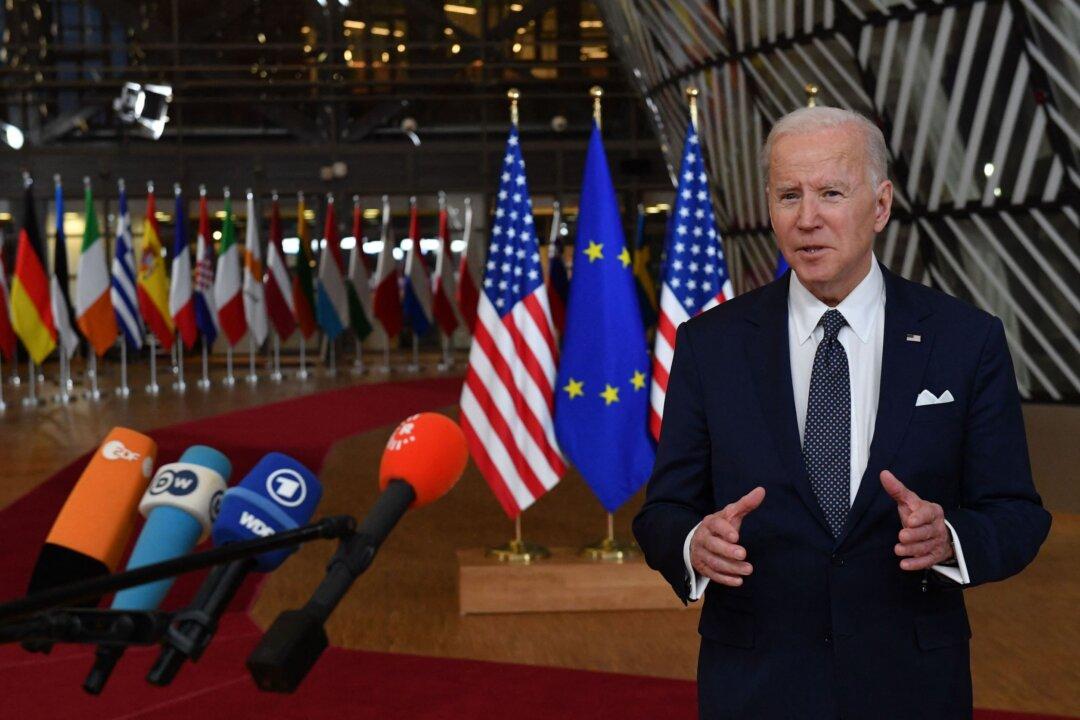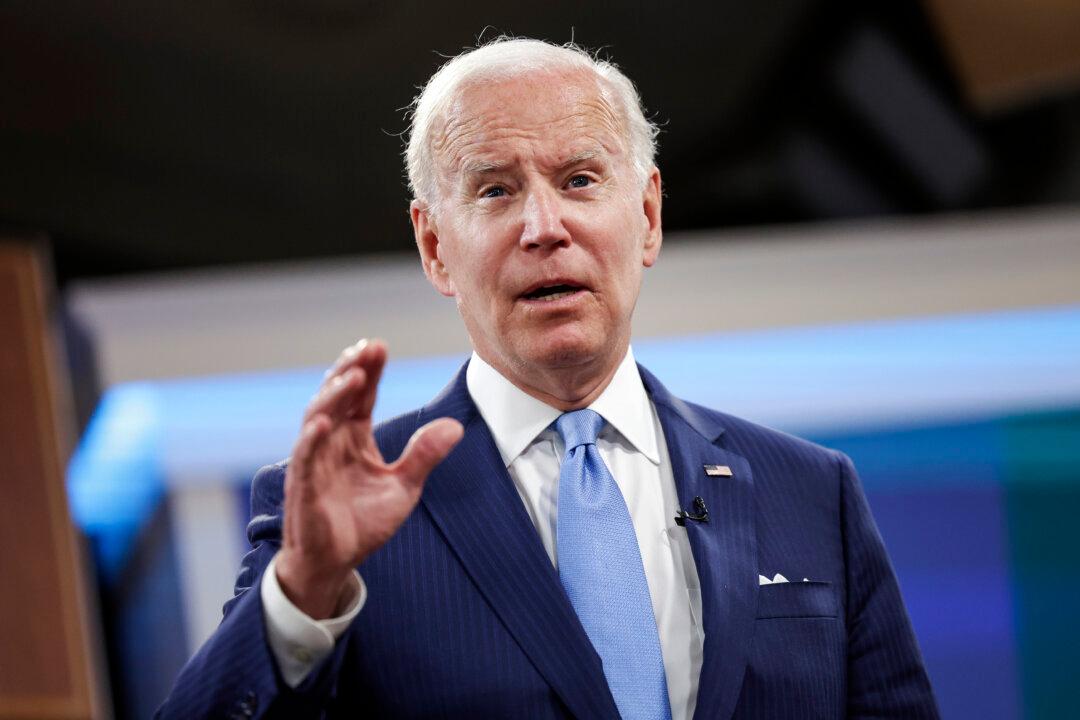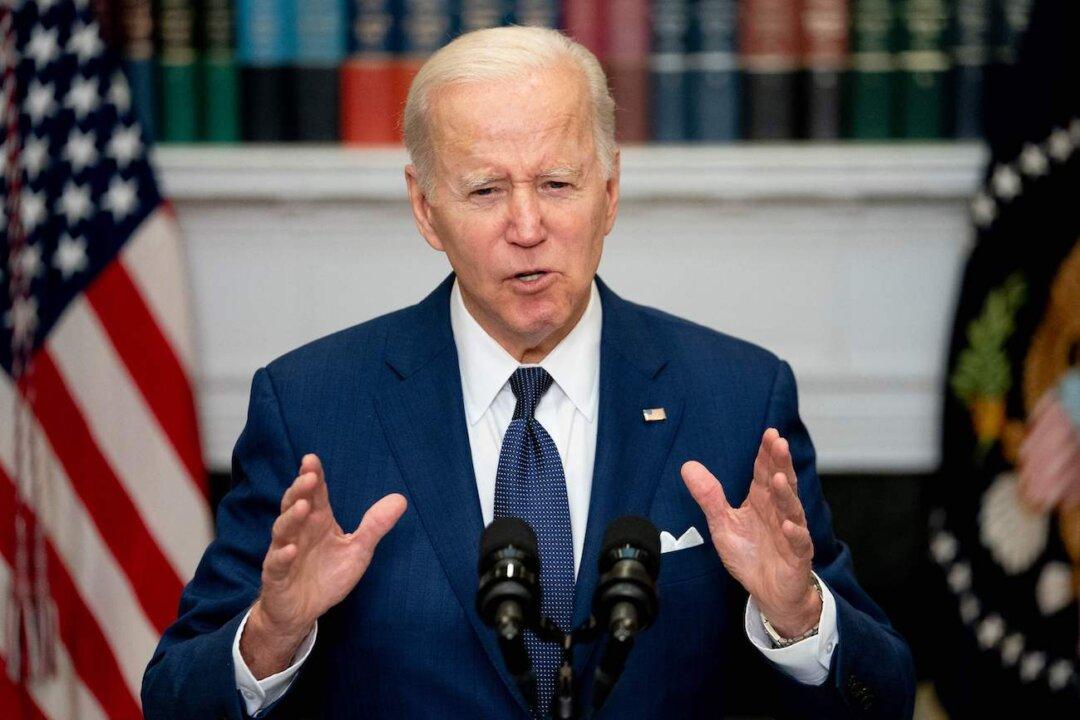President Joe Biden says the United States and Canada may have to up their food production in order to offset shortages in Europe caused by the ongoing war between Russia and Ukraine.
Each of the two warring nations are among the top producers of agricultural commodities in the world—each specializing in products like wheat, maize, rapeseed, sunflower seeds, and sunflower oil. The two supply nearly 30 percent of wheat and nearly 20 percent of corn in the global market. Both are also top exporters of fertilizers.




